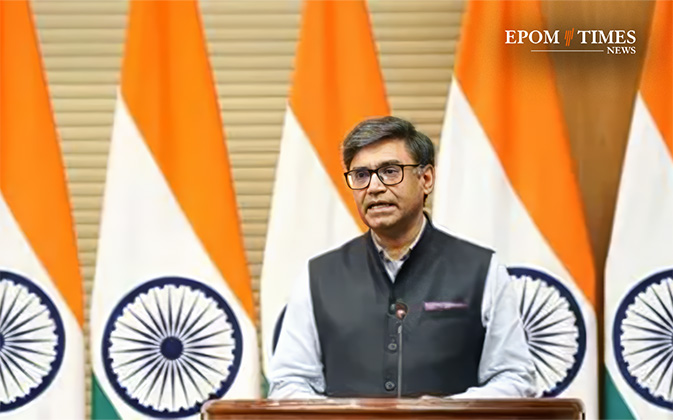India’s Ministry of External Affairs conducted detailed briefings for all-party delegations set to visit 33 countries. The sessions outlined Pakistan’s attempt to portray itself as a victim in the aftermath of Operation Sindoor and highlighted a notable shift in China’s diplomatic response, as India ramps up its international engagement on counter-terrorism and regional stability.
The briefings revealed that Pakistan reached out to India on May 10, requesting a ceasefire. Officials disclosed that the initial contact from Pakistan’s Director General of Military Operations came around 11:00 AM, though the actual conversation was delayed to 3:30 PM due to technical issues. This clarification was provided to underscore that the outreach for de-escalation originated from Pakistan, not through third-party intervention, as had been speculated in some quarters.
India also pointed to a significant shift in China’s reaction to Operation Sindoor. Unlike previous instances where Beijing criticized Indian military actions, China this time expressed regret over the developments without condemning India, signaling a potential recalibration in bilateral dynamics.
Foreign Secretary Vikram Misri addressed Pakistan’s call for a joint probe into terror activities on Indian soil, describing it as “asking a thief to investigate his own crime.” This statement underscored India’s firm stance on rejecting what it sees as attempts to deflect responsibility by those enabling cross-border terrorism.
Seven delegations, comprising 59 Members of Parliament—including former Union ministers, former chief ministers, and senior leaders from various political parties—are scheduled to visit 33 nations between May 21 and June 5. These countries were strategically selected, including current and upcoming members of the United Nations Security Council, to bolster India’s anti-terror narrative on the global stage.
India’s outreach initiative is designed to strengthen its diplomatic position following Operation Sindoor, challenge hostile narratives, and consolidate international backing against terrorism. By briefing the delegations in advance, New Delhi aims to ensure consistency and clarity in messaging across global forums.



